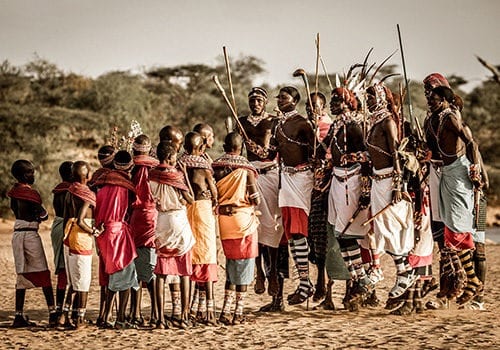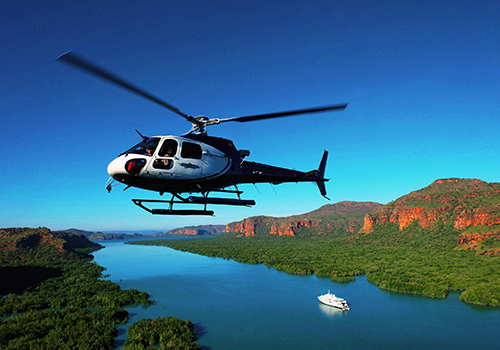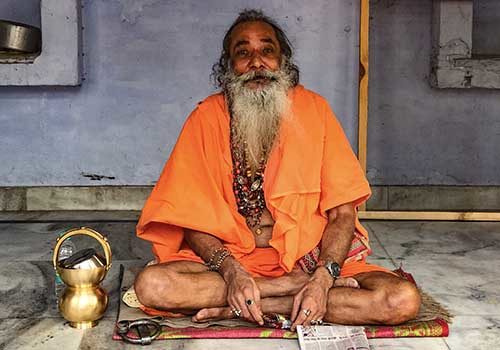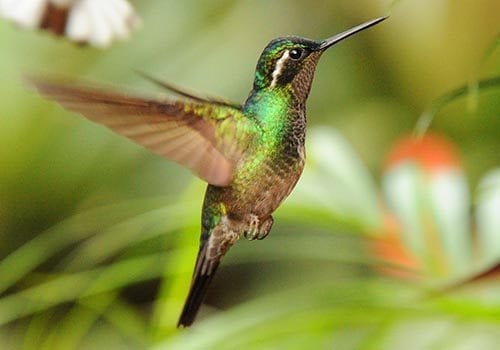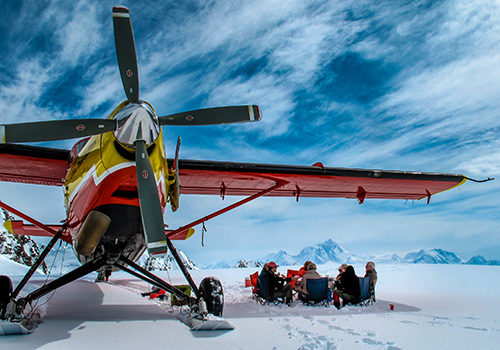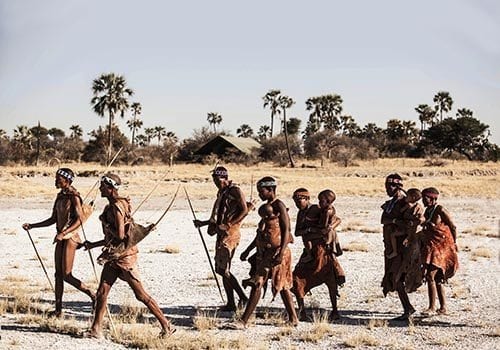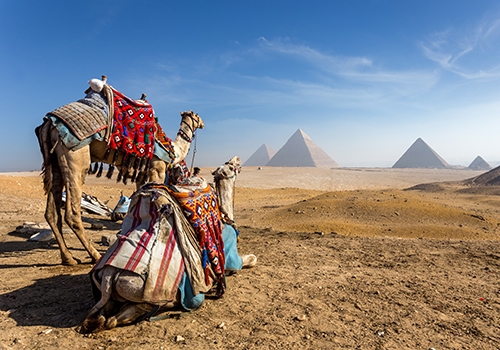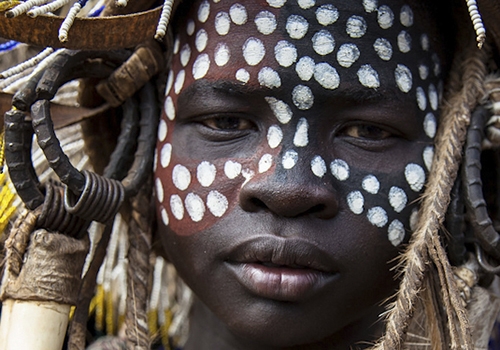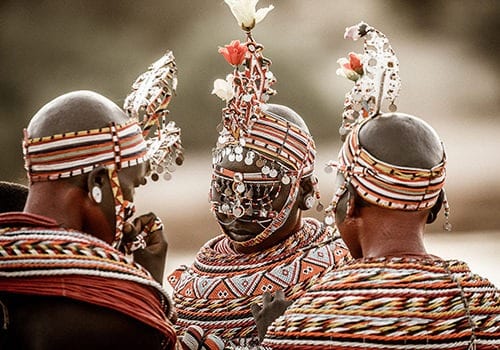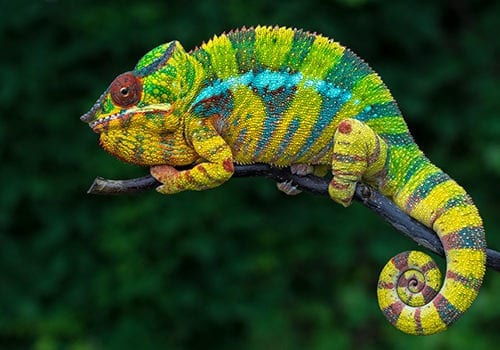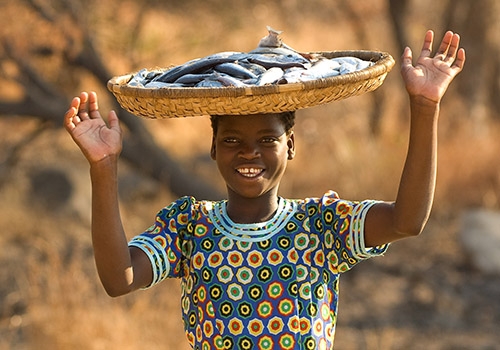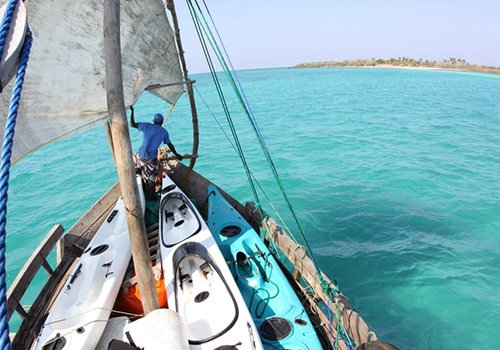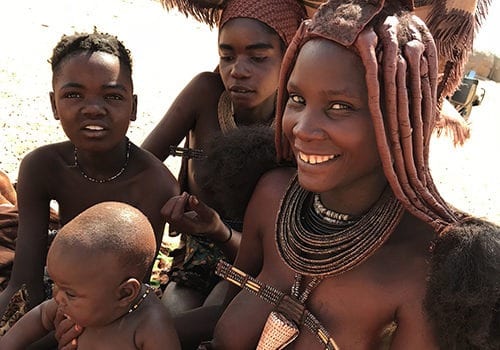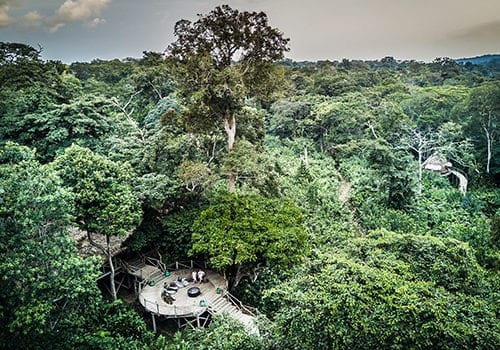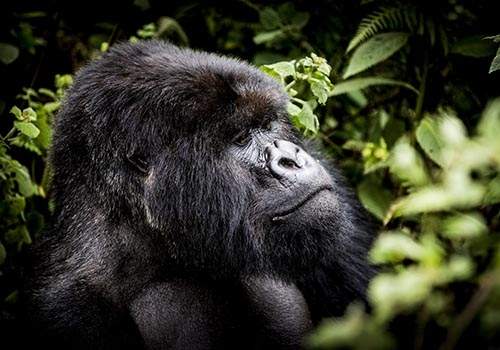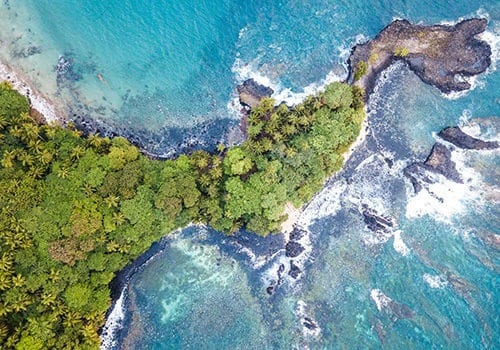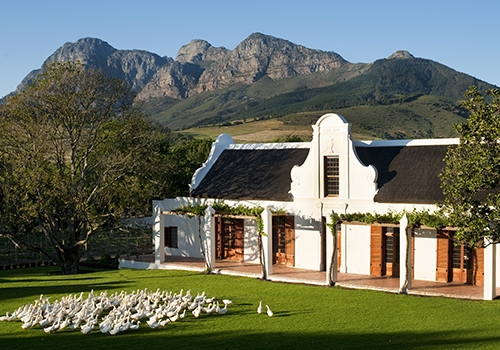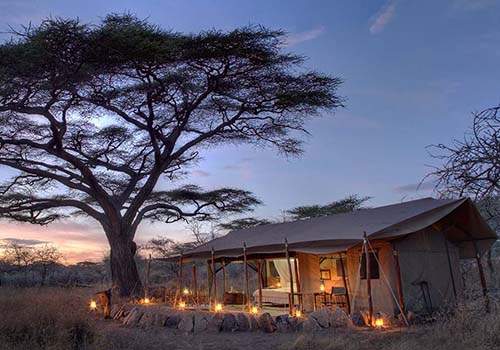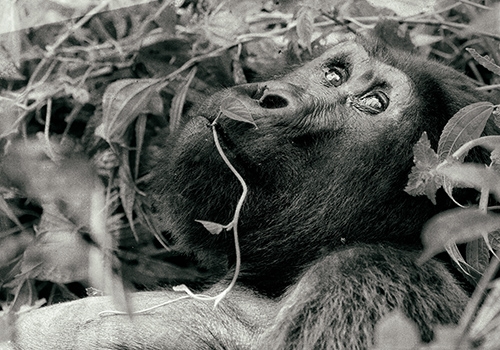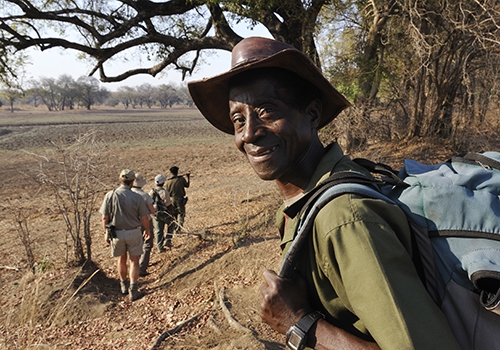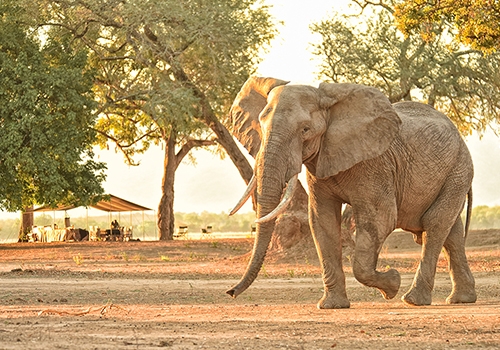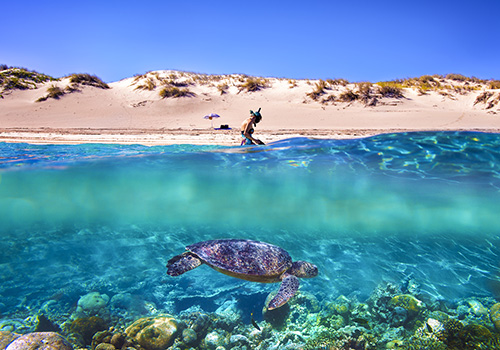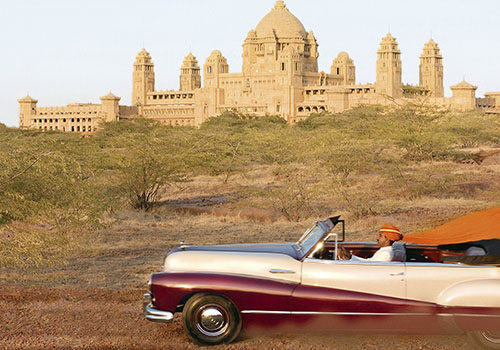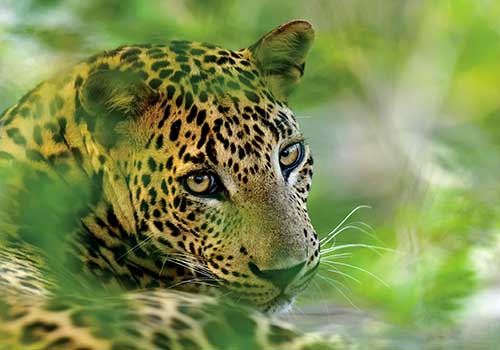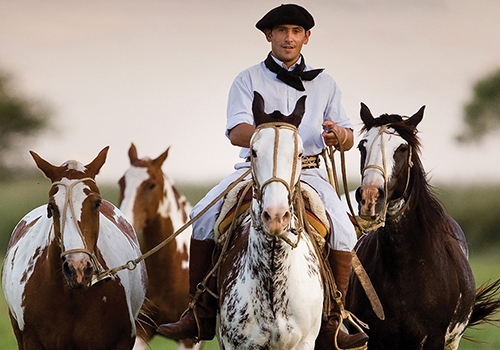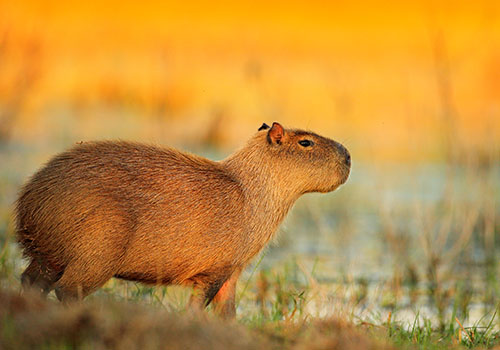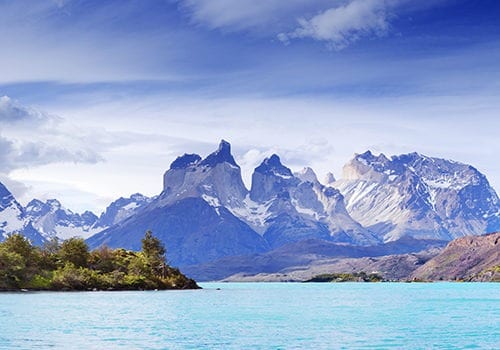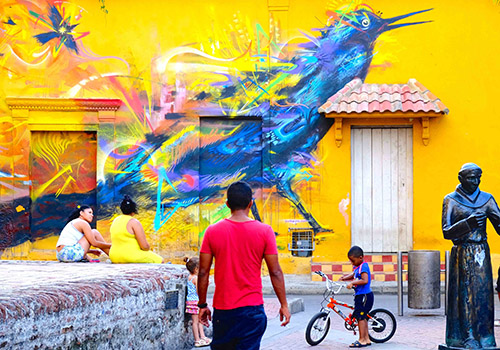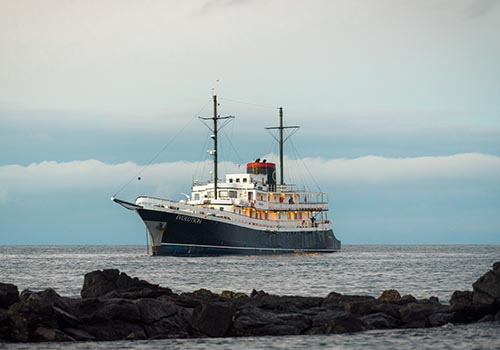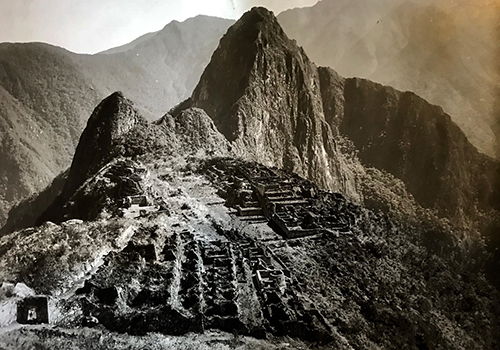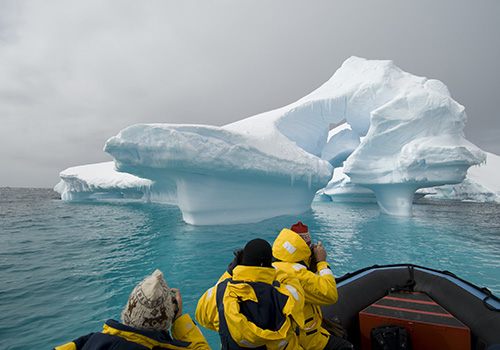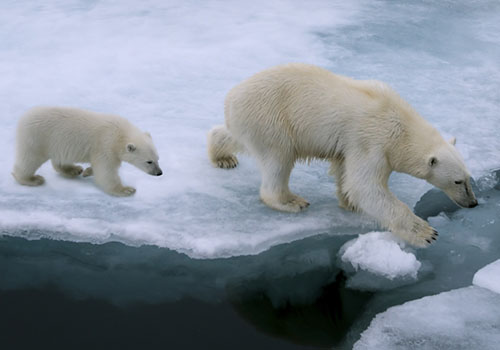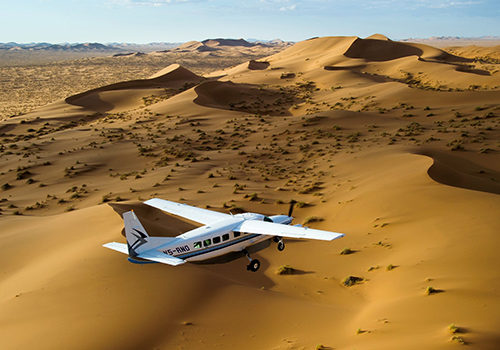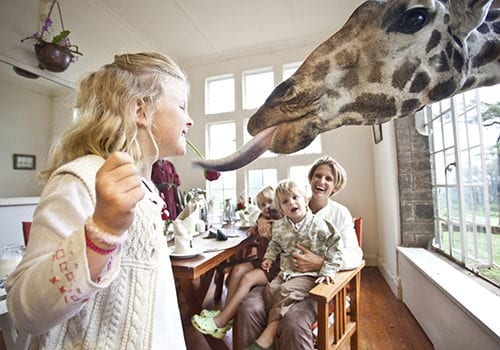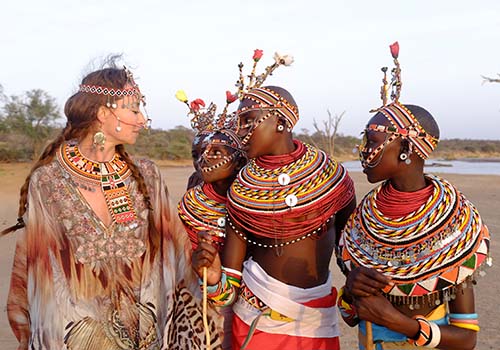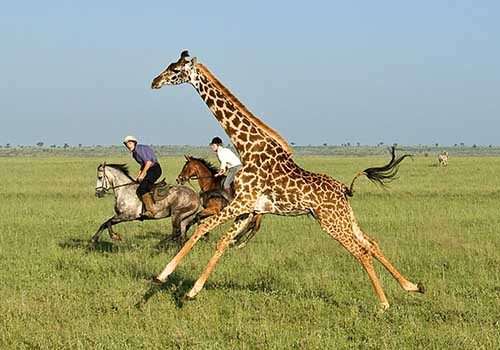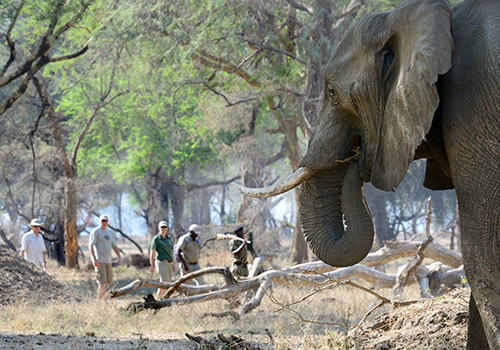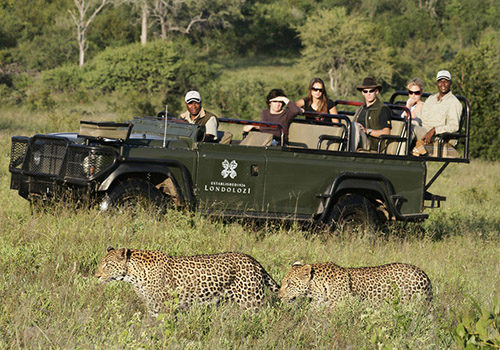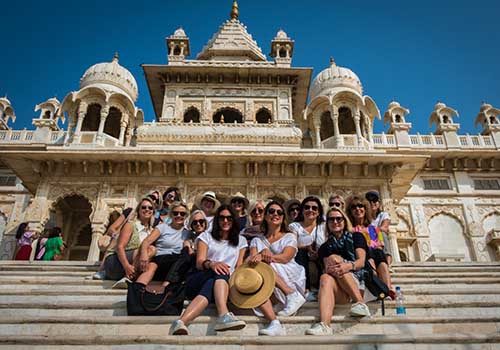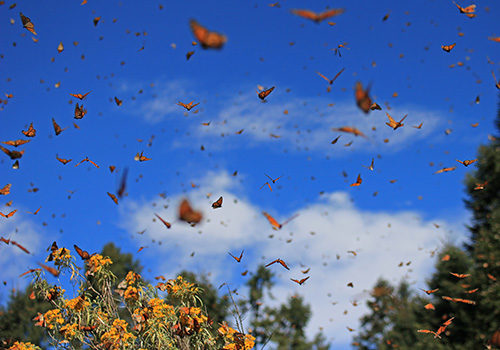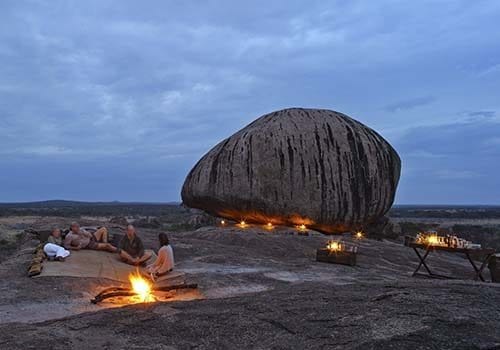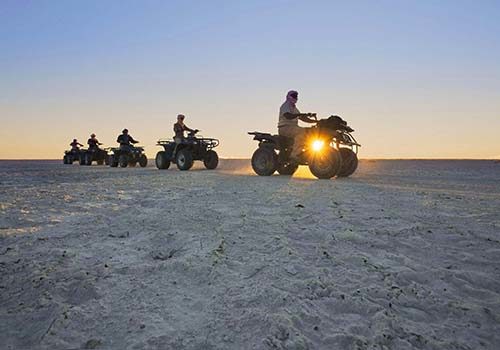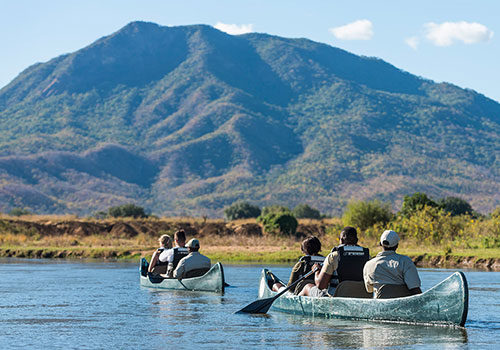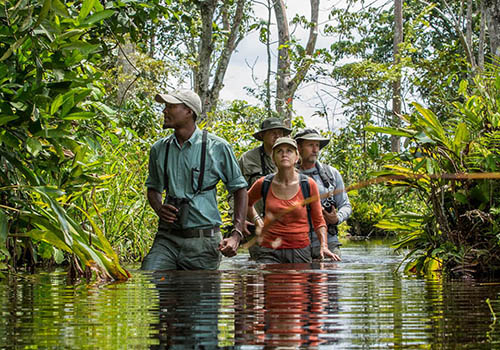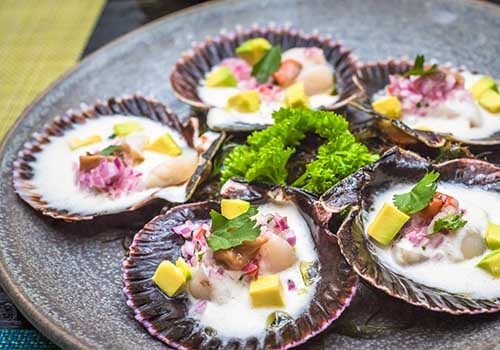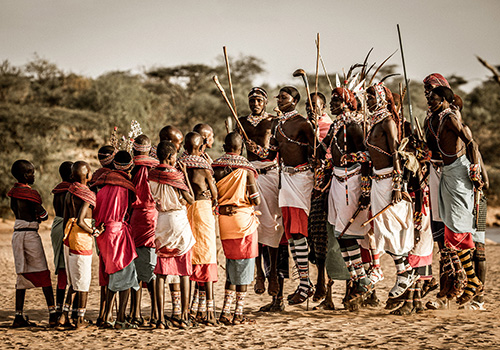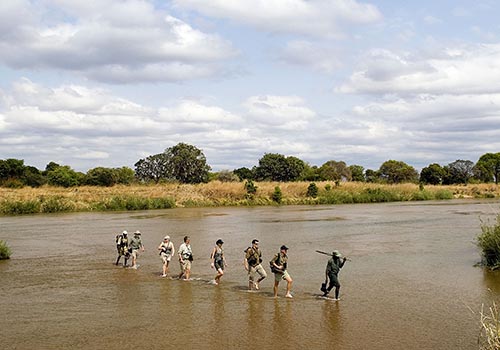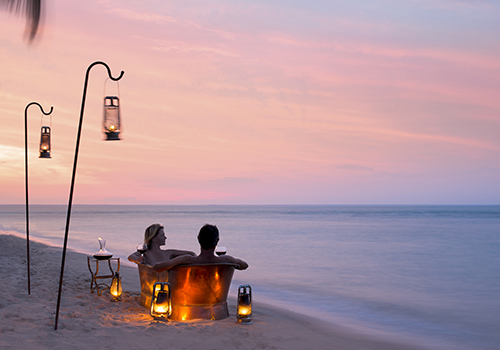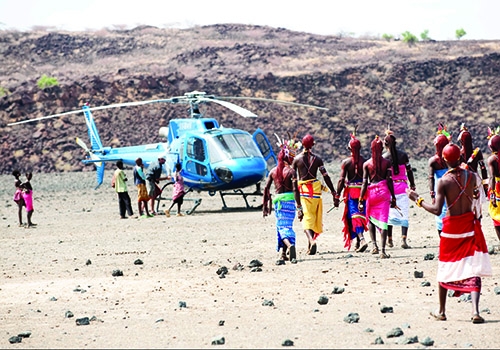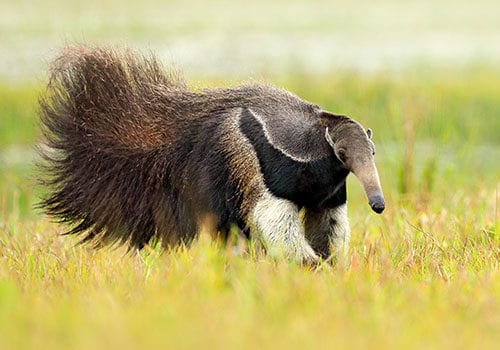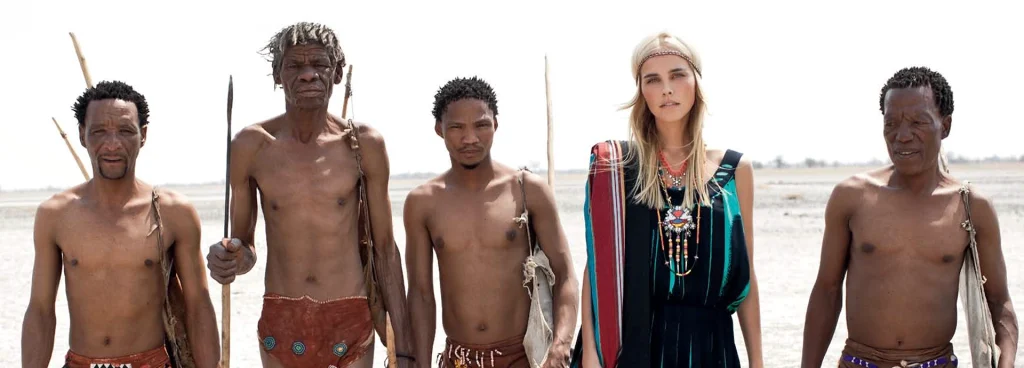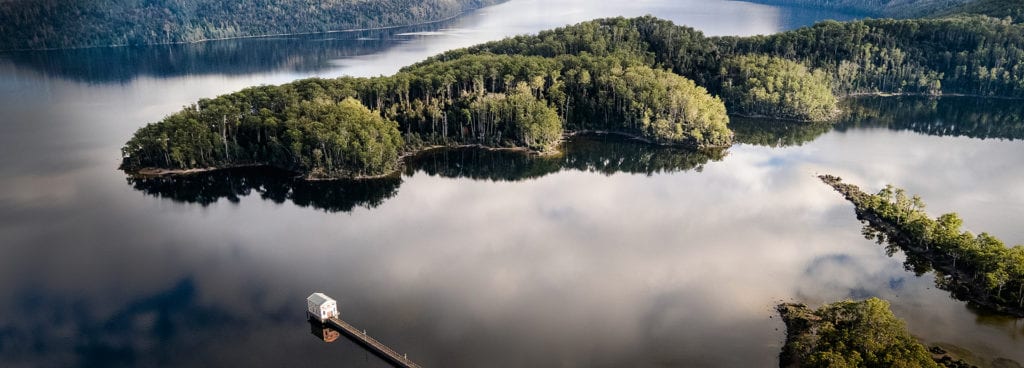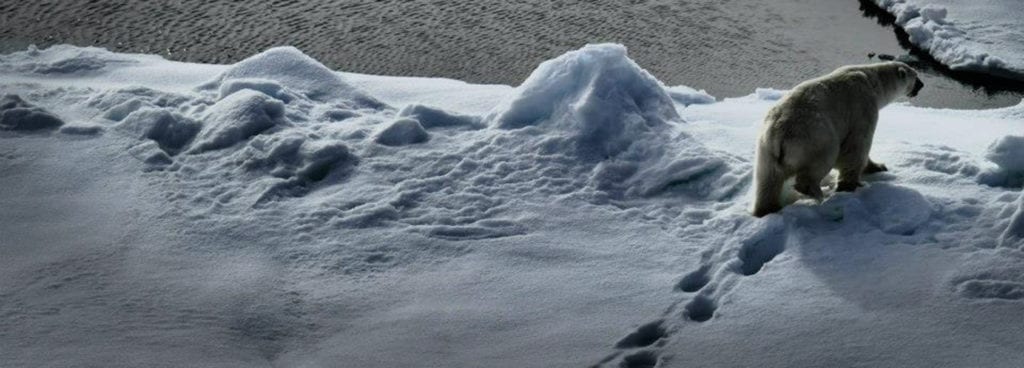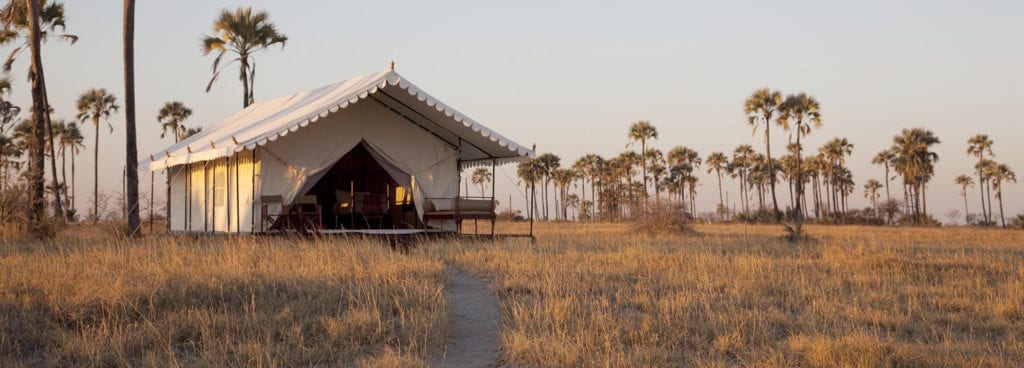DISPATCHES FROM EXOTIC LANDS
Why a Visit to This Zambian Lodge is the Trip of a Lifetime
On the Zambezi River upstream from Victoria Falls,
Thorntree River Lodge is redefining transformative touring.
– Excerpt from The Financial Review, Jun 14, 2025 – by Catherine Marshall
The Zambezi River’s shoreline is awash with haughty personalities. The loutish baboon barking orders as he leaps from a tree. The thirsty vervet admiring its reflection in the plunge pool. The petulant hippo mired in a waterhole behind our suite at Thorntree River Lodge, flabby rump and tubby ego welted in a fight down by the river. Expelled for bad behaviour, he’s determined to reinflate his punctured pride.
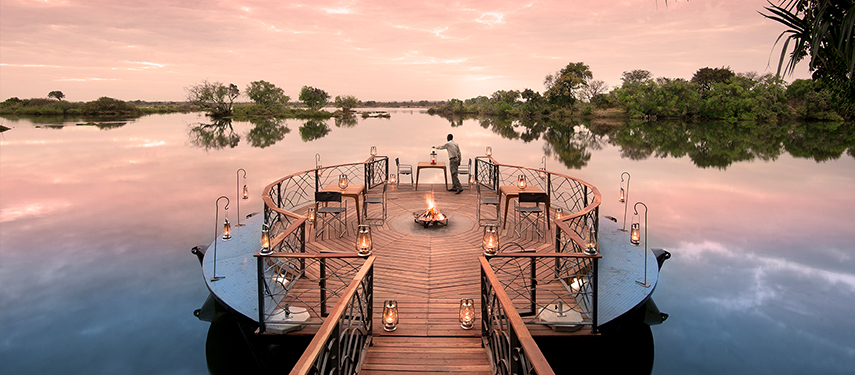
Our suite at Thorntree River Lodge in Zambia’s Mosi-oa-Tunya National Park […] is one of 12 strung out along the river upstream from Victoria Falls, also known as Mosi-oa-Tunya or “the smoke that thunders”.
Our river views are unimpeded [as] it advances at lightning speed towards the heart-stopping lip of Victoria Falls. Rainbows festoon the ragged crests, and my friend and I laugh like schoolgirls as the torrent drenches us. Now we’re imagining the falls from a new perspective as guide Claudia Musonda steers us into the frothing strait on a girls-only sundowner cruise. “See that cloud?” she says, nodding downriver. “The falls are right below it.”
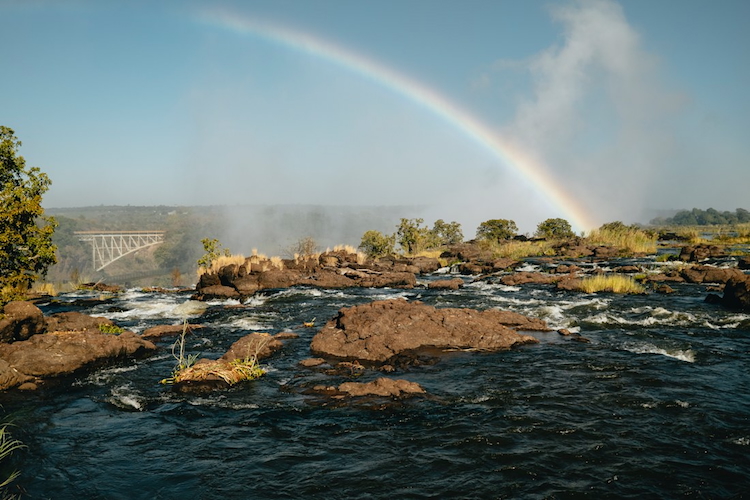
The powder puff is formed by condensation as the Zambezi plummets out of sight – a smoke signal of sorts, the only blemish on a vainglorious sky. From here, the waters have 13 kilometres to go before taking the plunge. Fingerling tigerfish gambol along the surface and sabre-toothed hippos expand their cavernous mouths. On the opposite bank, elephants sling mud and baboons joust for supremacy on the branches of a Natal mahogany tree.
It’s a jungle out here, survival of the most assertive. But it’s really the people safeguarding this stretch of river who should be blowing their trumpets […] slowly reversing a calamitous course set by centuries of environmental degradation. Anti-poaching units, sustainability campaigns and human-wildlife conflict programs help preserve the biome.
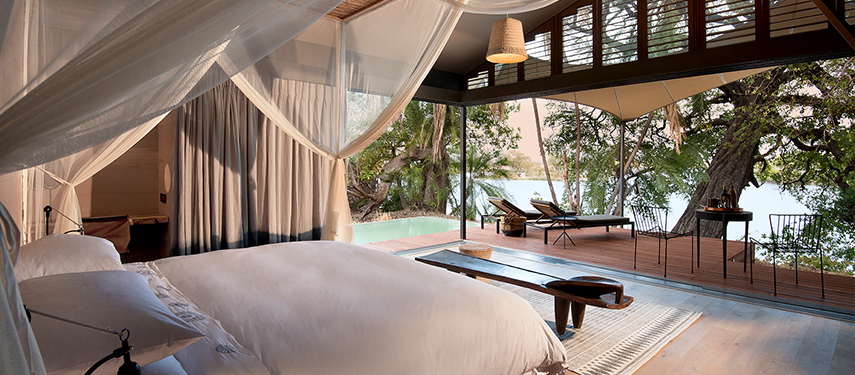
“I didn’t think I could be a guide,” Musonda says. “My mum encouraged me. I said, ’Mum, I’ve never seen any woman be a guide, what if I get killed by the animals?’”
The animals were one danger, but it was Musonda’s own confidence that risked a shredding when she began training as a guide with African Bush Camps, owner of Thorntree River Lodge, in 2018. She was a trespasser in this male-dominated industry, hapless prey entering predator territory. “It was indeed a difficult thing to convince [the men] I can do this,” Musonda recalls. “It killed my self-esteem, but I had support.”
[…] With their encouragement, Musonda became African Bush Camps’ first female guide, and the foundation is now on track to achieve a quota of 25 women by the year’s end. “It’s a profound step towards balance and deeper connection in tourism,” Ndlovu says. “Women bring an intuitive awareness, a nurturing presence and a depth of storytelling that elevates the guiding experience.”
On the river, she anchors the boat and cuts the motor. The silence expands with new sounds: the vibration of a raptor’s wings, the quiver of okra blossoms, the whistling of a duck. “Can you hear the fish eating the grass?” she asks. A rasp reaches our ears, microscopic soundwaves pulsing through the channels.
[…] The lodge’s nurturing presence flows into communities historically precluded from tourism’s largesse. Among them are Maunga village, isolated and deprived of education and health facilities. Though it’s just 11 kilometres from camp, the donga-gouged roads and the presence of livestock and wildlife equate to a prolonged journey.
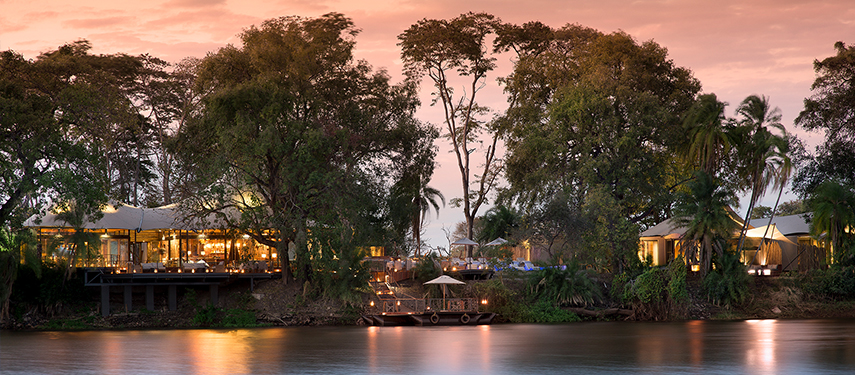
[…] “From Maunga village to the hospital in Livingstone, it took [pregnant women] about one hour, 30 minutes to two hours [on foot],” (foundation ambassador) Banda says. “In a situation where a woman was in labour, she could deliver while walking, the baby could be breech, she could die. Trying to find medical help for critically sick children was [also] very difficult. So we started fundraising . . . we managed to build the clinic in one year.”
Banda leads us to the primary school, where students are lining up for a meal. Enrolments have more than doubled since the foundation introduced a breakfast and lunch program. Chicken is sourced from poultry farms seeded with foundation capital.
[…] Hidden like mica in this singular landscape, such stories clarify the lodge’s incidental purpose. Yes, hedonism abounds in the sundowner cruises, moonlit dinners, rainbow-crowned falls and sleep so blissful it’s barely disturbed by that hippo’s lament. But pride swells when my friend and I realise our presence is being put to good use.
[…]
The writer travelled as a guest of The Classic Safari Company and South African Airways.
Fine Details
- The Classic Safari Company’s three-night Thorntree River Lodge impact safari starts from $3,292 per person sharing (at time of publishing) and includes game drives, river cruises, a rhino walk and guided visit to the Zambian side of Victoria Falls. The cost includes a $US20 ($31) contribution per night to the African Bush Camps Foundation.
- South African Airways flies to Johannesburg from Perth, with codeshare connections from east coast cities on Virgin Australia. Airlink flies from Johannesburg to Livingstone.
Catherine Marshall has worked as a journalist for more than three decades and has received awards for her travel writing and reportage in Australia and abroad. She specialises in emerging destinations, conservation and immersive travel. Connect with Catherine on Twitter.
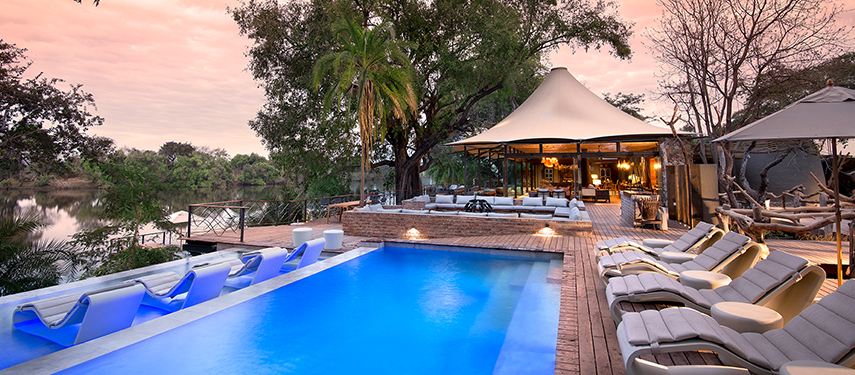
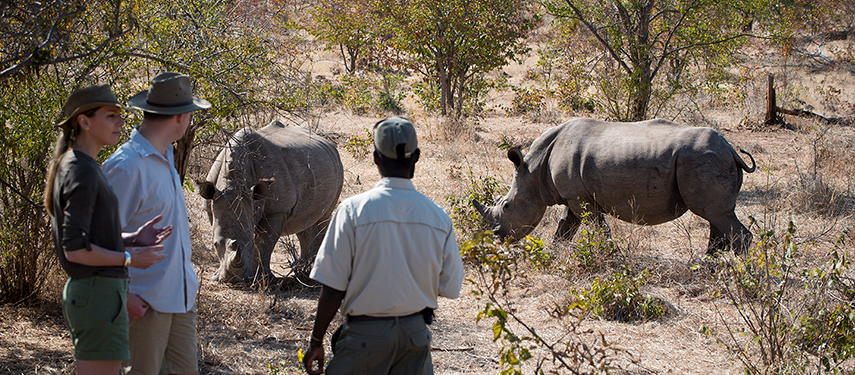
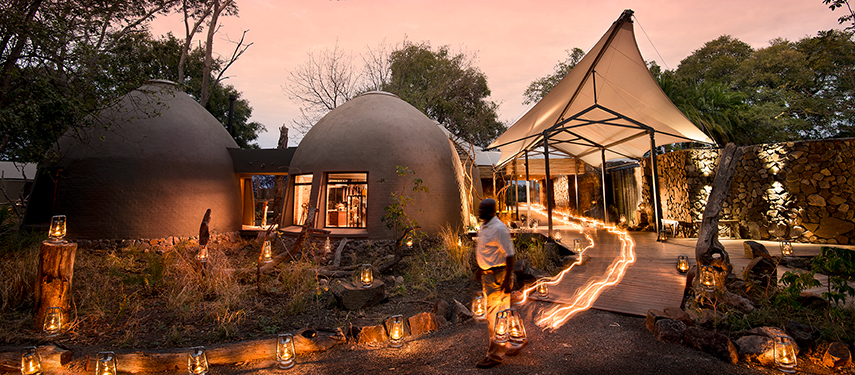
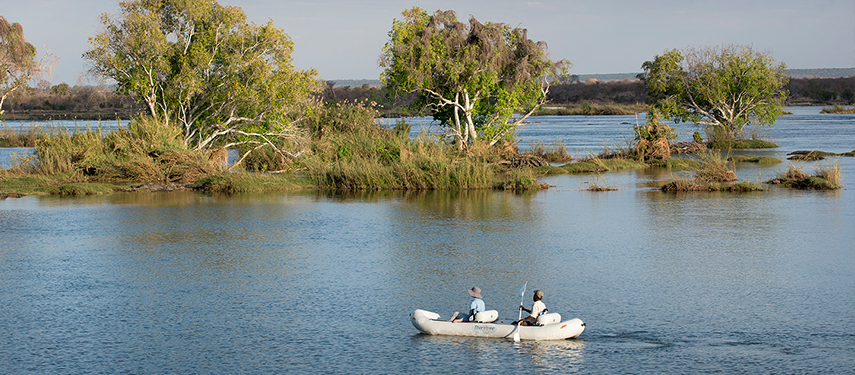
*all photos: Thorntree River Lodge
